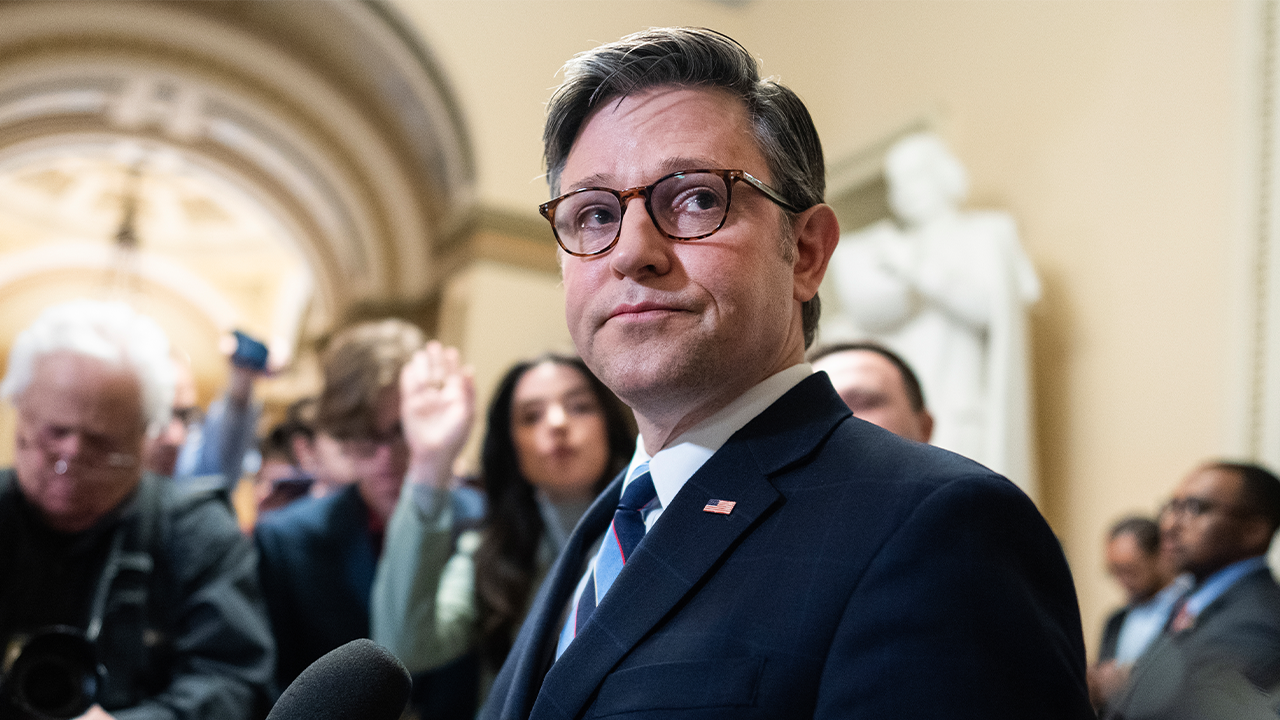Potential Fallout: IRS Free Tax Filing Program Faces Uncertain Future Amid Trump’s Critique
The IRS’s free tax filing program, Direct File, faces mounting political and logistical challenges as former President Donald Trump and Republican lawmakers intensify criticism of the initiative. Launched as a pilot in 2024, the program aimed to simplify tax preparation for millions of Americans, but its future now hangs in the balance amid budget debates and ideological opposition.
Why the IRS Free Tax Filing Program Sparked Controversy
The Direct File program emerged from a 2022 Inflation Reduction Act mandate to explore a government-run alternative to commercial tax software. During its limited rollout this tax season, 140,000 taxpayers across 12 states successfully used the platform, saving an estimated $5.6 million in preparation fees. However, the initiative quickly became a political lightning rod.
“This is nothing but a Trojan horse for expanding the IRS’s power over everyday Americans,” Trump declared at a recent rally, echoing concerns from conservative groups about government overreach. The former president pledged to dismantle the program if reelected, calling it “a stepping stone to total financial surveillance.”
Proponents counter that the program levels the playing field for low- and middle-income filers. “When 70% of Americans qualify for free filing but only 3% actually access it through existing programs, you know the system is broken,” said former IRS commissioner Charles Rettig, referencing a 2022 Government Accountability Office study.
The Economic and Political Stakes
The debate touches on several critical issues:
- Cost savings vs. implementation costs: While taxpayers saved millions, the program required $15 million in development funding
- Private sector impact: TurboTax parent company Intuit spent $3.8 million lobbying against government filing options in 2023
- Accessibility concerns: 40% of filers making under $50,000 still pay for tax preparation services
Tax policy analyst Miranda Carter notes, “The real tension here isn’t about technology—it’s about whether tax preparation should be a public service or a for-profit industry. Other developed nations like the UK and Japan have had free government systems for decades.”
How the Program Works and Who Benefits
Unlike the existing IRS Free File program (a public-private partnership with commercial providers), Direct File represents a fully government-run alternative. The current version handles only simple returns—W-2 income, standard deductions, and basic credits—but advocates envision expanding its capabilities.
Early user data reveals telling patterns:
- 68% of users had household incomes under $100,000
- 42% reported previously paying for tax software
- User satisfaction ratings averaged 4.8/5 in pilot surveys
“I finished my taxes in 20 minutes without worrying about hidden fees,” reported Maria Gonzalez, a teacher from Arizona. “This should be available to everyone.”
What’s Next for the IRS Free Tax Filing Program?
The program’s fate likely hinges on November’s election outcomes and congressional appropriations. House Republicans have already proposed cutting the IRS’s $80 billion Inflation Reduction Act funding boost, which includes technology modernization funds.
Possible scenarios include:
- Expansion: Biden administration proposals would make Direct File available nationwide by 2025
- Limitation: Congressional Republicans may restrict funding to the pilot phase
- Privatization: Compromise proposals suggest enhancing the existing Free File program instead
As tax season concludes, the IRS will evaluate whether to continue the program. “The data clearly shows demand for this service,” said current IRS Commissioner Danny Werfel. “Our decision will be guided by what best serves taxpayers’ needs.”
Why This Debate Matters Beyond Politics
The controversy reflects broader questions about government’s role in the digital age. While critics warn of bureaucratic bloat, supporters argue that essential services shouldn’t have profit motives. With 25 million Americans potentially eligible for but not claiming the Earned Income Tax Credit annually, simplified filing could recover billions in unclaimed benefits.
Financial literacy advocate Jamal Williams observes, “When people fear the tax process, they leave money on the table or make costly mistakes. A transparent, free option could build trust in the system.”
As Congress prepares for budget negotiations this summer, taxpayers can voice opinions through their representatives or the IRS’s public comment portal. The outcome will determine whether free filing becomes a permanent fixture or a short-lived experiment in American tax policy.
See more CNBC Network



